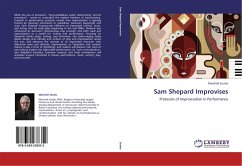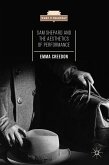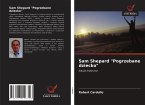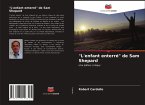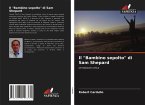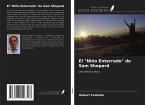While the use of protocols - "long-established codes" determining "correct procedure" - seems to contradict the implied freedom of improvisation, research in performance practices reveals how improvisation is typically framed by voluntary constraints or guidelines. American playwright and actor Sam Shepard incorporates elements of improvised writing, music, and acting into his early plays beginning in the mid-1960s. Shepard was influenced by Kerouac's "spontaneous bop prosody" and both used jazz improvisation as a model for writing and performance. Focusing on Shepard's earlier plays, writing, and interviews, this wide-ranging study delves deeply and critically into notions of play and improvisation across the arts, and advances the concept of an improvised character with distinctive voice and attitude. Improvisation as "repetition and revision" (Gates) is also a form of Signifin(g), and readers will discover rich veins of pan-cultural insight into improvised performance, its "cruel contradictions," and delightful parodies. Extensive research and lively commentary will stimulate anyone interested in drama, performance, music, writing, play, and character.
Bitte wählen Sie Ihr Anliegen aus.
Rechnungen
Retourenschein anfordern
Bestellstatus
Storno

